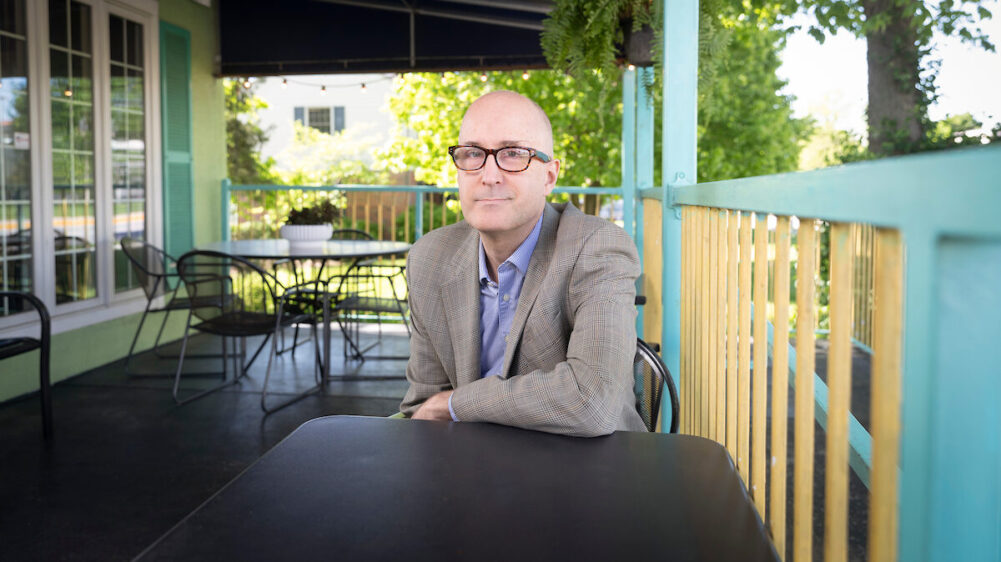If peace on Earth and goodwill toward men is the goal this holiday season, Missouri State University’s Dr. John Schmalzbauer believes it starts with displaying tolerance, acceptance and inclusion.
That includes recognizing holidays and holy days from a variety of faiths and cultures, Schmalzbauer said. It also means understanding how diversity helped form many American Christmas traditions.
“It took a lot of German immigrants, Lutherans, Catholics and others to make Christmas more mainstream,” said Schmalzbauer, the Blanche Gorman Strong chair in Protestant Studies.
As an example, he points to Irving Berlin – a Russian Jewish immigrant – who wrote “White Christmas.”
“It’s performed by an Irish Catholic crooner, Bing Crosby, and millions of Protestants buy the record,” he said. “So, even to understand our Christmas traditions in the United States, is to examine a melding of backgrounds.”
He encourages people to be respectful and make room for all types of celebrations.
“It just doesn’t need to be political or polarizing,” he added. “Be a good neighbor. Be hospitable. Whether you’re Christian, Jewish, Muslim, Buddhist, Hindu or secular, hospitality seems like a shared value among most communities.”
Commercialism and consumerism
Schmalzbauer contributed a chapter for “The Oxford Handbook of Christmas” focusing on commercialism and consumerism.
While he notes that “A Charlie Brown Christmas” blames commercialization for ruining the holidays, Schmalzbauer disagrees.
In his research for the book, Schmalzbauer found that the invention of the department store helped to popularize the domestic holiday.
“Ironically, the commercialization of Christmas helped make Christmas more of a family holiday,” he said.
Before the Civil War, Schmalzbauer added that schools were in session on the holiday, gift giving was not part of the tradition, and “Christmas was sort of like a rowdy version of Halloween with drinking, gambling and carousing.”
“When people say, ‘I want to get back to an old-fashioned Missouri Christmas, they should be aware that this version of faith and family on the holidays is actually relatively new.”

